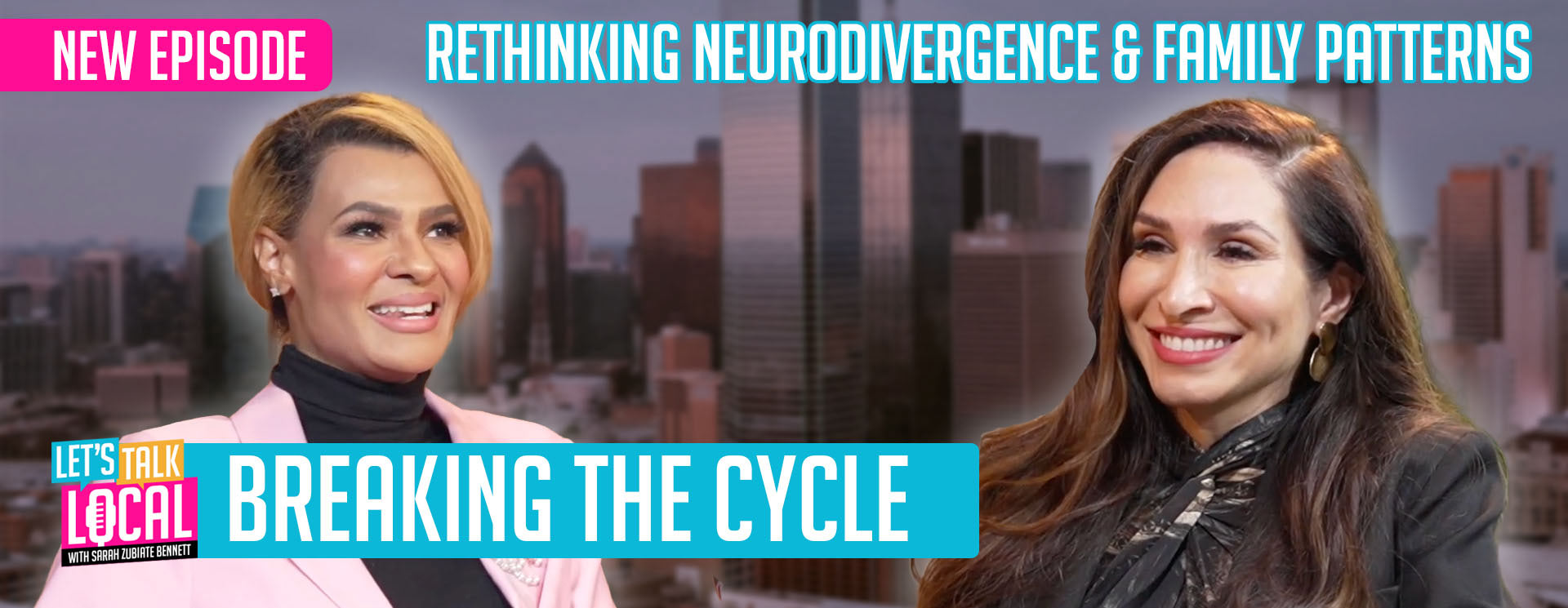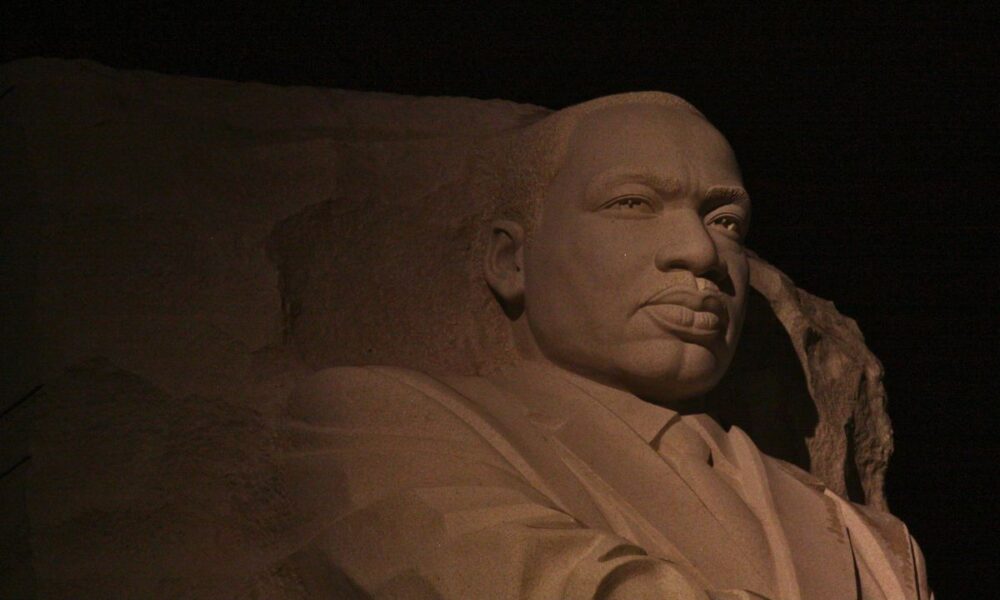OpenAI has suspended use of its video generator for depictions of Martin Luther King Jr. after his family complained about videos of the civil rights leader, saying much of the content being produced is “disrespectful” to his legacy.
The decision follows backlash to user-created clips made with OpenAI’s Sora tool that allegedly showed the late civil rights icon in trivial or distorted contexts, with many of these videos containing racist undertones.
In a joint statement with King, Inc., OpenAI wrote that the two sides have “worked together to address how Dr. Martin Luther King Jr.’s likeness is represented in Sora generations,” adding that “users generated disrespectful depictions of Dr. King’s image.”
“So at King, Inc.’s request, OpenAI has paused generations depicting Dr. King as it strengthens guardrails for historical figures,” continued the statement.
“While there are strong free speech interests in depicting historical figures, OpenAI believes public figures and their families should ultimately have control over how their likeness is used. Authorized representatives or estate owners can request that their likeness not be used in Sora cameos.”
The move marks one of the first times a major AI firm has publicly restricted content in response to objections from a family estate.
King’s daughter, Ilyasah Shabazz, criticized what she called a growing trend of “cavalier” digital recreations of historical figures.
“It is deeply disrespectful and hurtful to see my father’s image used in such a cavalier and insensitive manner when he dedicated his life to truth,” she said to The Washington Post.
Shabazz added that these concerns are obvious to many people, questioning why many developers at the time were not acting “with the same morality, conscience, and care … that they’d want for their own families,” per The Washington Post.
These comments echo concerns voiced by other relatives of late public figures about the use of artificial intelligence to reanimate the dead or digitally impersonate their voices.
Zelda Williams, daughter of the late actor Robin Williams, has also discussed the recent trend, saying that AI is tarnishing legacies and pleading with people to stop sending her videos of her father.
“To watch the legacies of real people be condensed down to … horrible, TikTok slop puppeteering them is maddening,” she explained, according to The Washington Post.
Sora, OpenAI’s experimental video-generation model, allows users to create short clips from text prompts, producing lifelike scenes with eerily human likenesses.
The model, currently available to a limited number of testers and creators, has drawn criticism for its potential to create deepfakes and revive the images of deceased individuals without consent.
The Martin Luther King Jr. estate, which has historically exercised tight control over his speeches and likeness, has previously objected to unapproved uses of his image in advertising and film.


